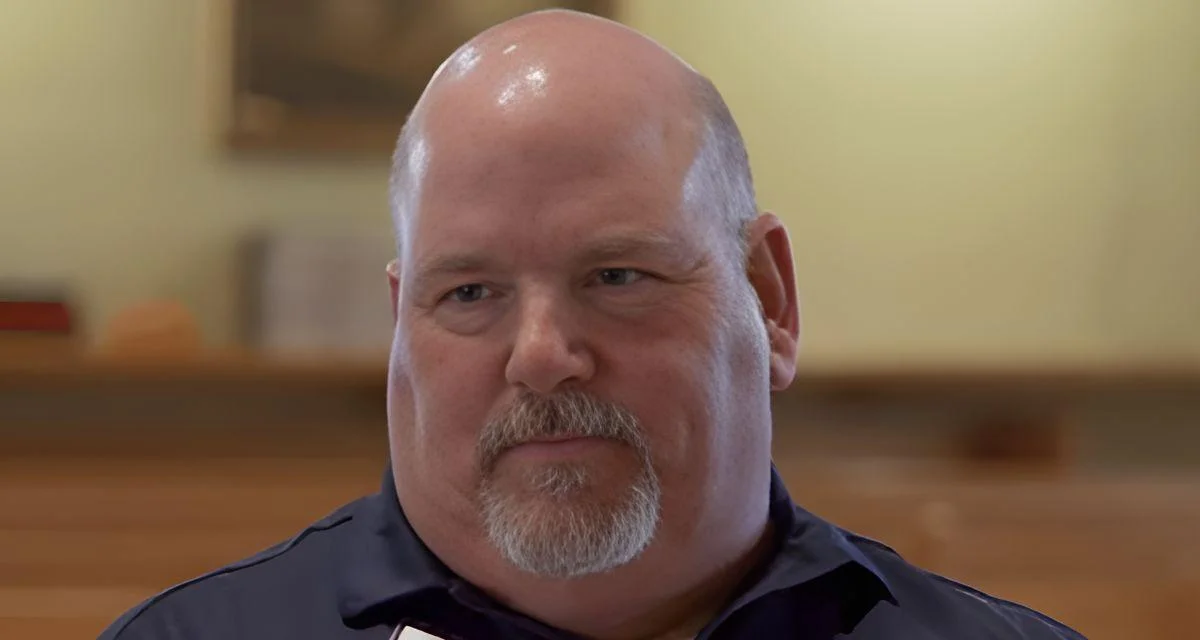Chicago Public Schools (CPS) has presented a proposed budget for fiscal year 2026 that aims to close a $734 million deficit while maintaining school budgets and commitments to labor partners. The budget, totaling $10.25 billion, will be considered by the Chicago Board of Education on Thursday ahead of the August 29 deadline.
The development of the budget included feedback from community meetings and surveys conducted over the summer by CPS Interim Superintendent/CEO Dr. Macquline King. Dr. King stated, “I want to thank all partners, but especially our CPS families for their patience, feedback and participation in our community meetings this summer as we worked to address significant financial challenges while keeping our promise to maintain the school budgets first issued in May this year. The final District budget allows us to build on the academic momentum of the past few years,” adding, “This is about protecting students, their future, and the District's long-term financial health.”
CPS reports that its students have shown strong academic recovery since the COVID-19 pandemic, particularly in literacy. Reading proficiency among elementary students increased by more than 10 percentage points over two years, and eighth-grade reading scores are now close to the national average. The district also cites improvements in graduation rates, scholarship earnings, early college credit attainment, and college enrollment and persistence.
To address the deficit without cutting classroom resources, CPS identified $320 million in savings through central office reductions and operational efficiencies. Additional measures include using $45 million in higher-than-expected state Evidence-Based Funding, increasing Tax Increment Financing (TIF) revenue assumptions by $79 million based on FY25 receipts, repurposing $65 million from its debt service stabilization fund, utilizing a $25 million donation from MacKenzie Scott received in 2023, and leveraging an anticipated $25 million grant carryover.
The FY2026 budget includes a provision for reimbursing the City of Chicago for contributions to the Municipal Employees Annuity and Benefit Fund (MEABF), contingent upon new state or local revenues exceeding current projections.
Despite these efforts, CPS continues to face significant debt obligations with approximately $9.1 billion in long-term debt and $1.2 billion in short-term lines of credit. This results in annual debt service costs exceeding $800 million—equivalent to more than $28,000 per student—and includes nearly $200 million annually from bonds issued during previous budget shortfalls.
While credit ratings have improved recently for CPS bonds, they remain classified as non-investment grade by major agencies. This status increases borrowing costs for capital projects due to higher interest rates required by investors.
District officials acknowledge that balancing the budget involved difficult decisions regarding staff and programming reductions. They note ongoing challenges related to federal funding expiration and recent federal actions withholding additional funds from CPS.
At the state level, Illinois’ Evidence-Based Funding formula has directed more resources toward districts like CPS but has not met adequacy targets set by state models. CPS currently receives only 73 percent of what is considered adequate funding—a decrease from previous years—and would require an additional $985 million to reach 90 percent adequacy by fiscal year 2027. The district also faces shortfalls in block grants for early childhood education, transportation, special education programs, pension coverage inequities compared with other districts statewide, and limited authority over capital funding.
Locally, property taxes allocated through TIF districts have grown substantially between 2014 and 2023; however, much of these funds remain outside direct control of CPS despite recent surpluses being returned to schools. If all TIF funds were shared with CPS directly each year it could mean more than $650 million annually for district operations.
The main source of local revenue—the property tax levy—is capped at five percent or inflation rate limits under current law; grants and philanthropy supplement but do not replace stable public funding streams necessary for educational quality.
CPS leadership plans continued advocacy at city and state levels for increased education funding through adjustments to existing formulas—including full implementation of Evidence-Based Funding—expanded pension support from Illinois government sources toward teacher pensions currently covered at only 35 percent by the state (as opposed to nearly full coverage elsewhere), restoration of categorical grant funding levels mandated by law but not fully delivered in practice across program areas such as special education or transportation services; expanded authority over capital investment financing; and collaboration with city leaders during transition toward a fully-elected Board structure.
Two public hearings were held August 19th regarding this proposed operating budget prior to Thursday’s scheduled board vote at district headquarters.
 Alerts Sign-up
Alerts Sign-up






